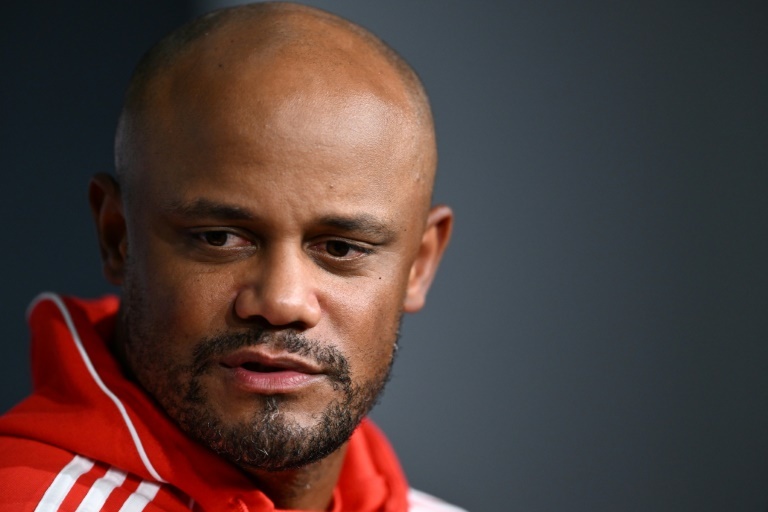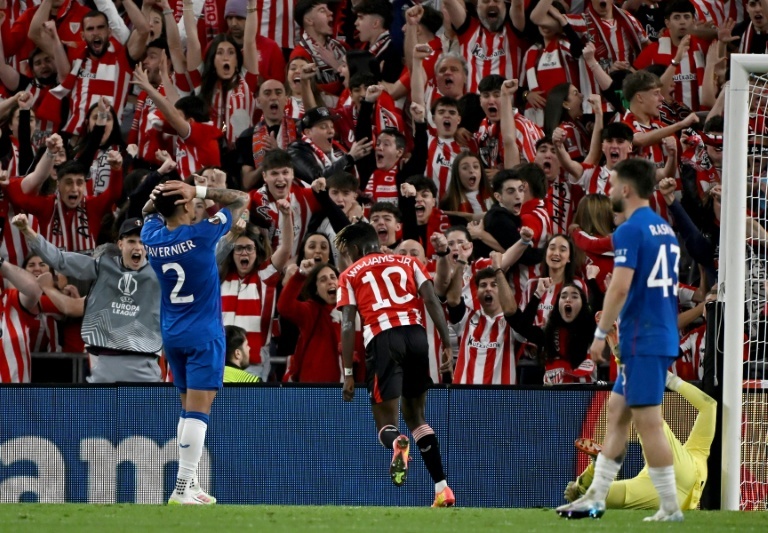The ever- Growing popularity of soccer and its influence on global culture

Soccer, often referred to as "the beautiful game," continues to captivate audiences worldwide. Its influence stretches far beyond the confines of the pitch, shaping cultural and social landscapes in ways few other sports can match.
7 months ago
The spectacle of soccer, with its thrilling action and passionate fan base, has become a unifying force that transcends geographical and cultural boundaries. The World Cup and European Championships, for instance, are not merely sporting events; they are global festivals of human unity and shared excitement. In recent years, the rise of technology has further enhanced the soccer experience, allowing fans to engage with the sport in innovative ways. From virtual reality experiences in stadiums to interactive mobile games, technology is playing a pivotal role in expanding soccer’s reach and making it more accessible than ever before.
Soccer’s worldwide impact is a testament to its unparalleled popularity and cultural significance. The sport is deeply entrenched in the cultural fabric of many nations, influencing fashion, language, and even political expressions. Soccer jerseys have become a global staple, worn not just for matches but as everyday attire, signifying a connection to one's team or nation. The sport’s global appeal is also evident in its linguistic influence, with terms like "goal" and "hat trick" finding their place in everyday vernacular. Moreover, soccer acts as a social glue, bringing together individuals from diverse backgrounds in support of their teams. The global nature of soccer tournaments such as the UEFA Champions League embodies this spirit, as they foster friendly rivalries and a sense of community that crosses borders. Soccer has also played a role in diplomacy, with matches sometimes used to ease tensions between nations.
Technology has revolutionized the way fans experience soccer, making the game more engaging and accessible. Platforms like Telegram offer new ways for fans to interact and stay connected with their favorite teams and players. For instance, fans can explore the best games on Telegram, providing an interactive platform to engage with the sport. These games not only offer entertainment but also foster a sense of community among users. Additionally, live streaming and social media platforms have made it possible for fans to follow matches in real-time, regardless of their location. Advanced analytics and AI technologies are enhancing the viewing experience by providing in-depth insights into player performances and game strategies. As a result, fans are becoming more informed and involved in their team's progress, contributing to a richer, more interactive soccer culture.
Beyond its entertainment value, soccer serves as a platform for social change and activism. Players and clubs increasingly leverage their influence to address important social issues, such as racism, gender equality, and poverty. Initiatives like the "Kick It Out" campaign aim to eradicate racism from the sport, promoting inclusivity and respect among players and fans alike. Women's soccer, in particular, has seen tremendous growth, challenging traditional norms and advocating for gender equality in sports. Clubs and players often participate in community outreach programs, using their status to support social causes and inspire positive change. Through these efforts, soccer is not just a game but a powerful tool for raising awareness and driving societal progress.
Soccer's influence extends into the economic sphere, with the sport generating significant revenue streams and creating job opportunities across various industries. Major tournaments like the FIFA World Cup inject billions into host economies, boosting tourism, infrastructure development, and local businesses. The economic ripple effect of soccer is also seen in merchandising, with sales of jerseys, merchandise, and memorabilia providing a substantial source of income for clubs and manufacturers. Sponsorship deals and broadcasting rights further highlight the sport’s economic importance, as companies vie for association with the game to reach a vast global audience. Soccer clubs themselves contribute to their local economies, employing thousands and investing in community development projects. This economic vitality underscores soccer’s role as not only a cultural phenomenon but also an essential component of global economic activity.
Soccer’s worldwide impact is a testament to its unparalleled popularity and cultural significance. The sport is deeply entrenched in the cultural fabric of many nations, influencing fashion, language, and even political expressions. Soccer jerseys have become a global staple, worn not just for matches but as everyday attire, signifying a connection to one's team or nation. The sport’s global appeal is also evident in its linguistic influence, with terms like "goal" and "hat trick" finding their place in everyday vernacular. Moreover, soccer acts as a social glue, bringing together individuals from diverse backgrounds in support of their teams. The global nature of soccer tournaments such as the UEFA Champions League embodies this spirit, as they foster friendly rivalries and a sense of community that crosses borders. Soccer has also played a role in diplomacy, with matches sometimes used to ease tensions between nations.
Technology has revolutionized the way fans experience soccer, making the game more engaging and accessible. Platforms like Telegram offer new ways for fans to interact and stay connected with their favorite teams and players. For instance, fans can explore the best games on Telegram, providing an interactive platform to engage with the sport. These games not only offer entertainment but also foster a sense of community among users. Additionally, live streaming and social media platforms have made it possible for fans to follow matches in real-time, regardless of their location. Advanced analytics and AI technologies are enhancing the viewing experience by providing in-depth insights into player performances and game strategies. As a result, fans are becoming more informed and involved in their team's progress, contributing to a richer, more interactive soccer culture.
Beyond its entertainment value, soccer serves as a platform for social change and activism. Players and clubs increasingly leverage their influence to address important social issues, such as racism, gender equality, and poverty. Initiatives like the "Kick It Out" campaign aim to eradicate racism from the sport, promoting inclusivity and respect among players and fans alike. Women's soccer, in particular, has seen tremendous growth, challenging traditional norms and advocating for gender equality in sports. Clubs and players often participate in community outreach programs, using their status to support social causes and inspire positive change. Through these efforts, soccer is not just a game but a powerful tool for raising awareness and driving societal progress.
Soccer's influence extends into the economic sphere, with the sport generating significant revenue streams and creating job opportunities across various industries. Major tournaments like the FIFA World Cup inject billions into host economies, boosting tourism, infrastructure development, and local businesses. The economic ripple effect of soccer is also seen in merchandising, with sales of jerseys, merchandise, and memorabilia providing a substantial source of income for clubs and manufacturers. Sponsorship deals and broadcasting rights further highlight the sport’s economic importance, as companies vie for association with the game to reach a vast global audience. Soccer clubs themselves contribute to their local economies, employing thousands and investing in community development projects. This economic vitality underscores soccer’s role as not only a cultural phenomenon but also an essential component of global economic activity.







Comments